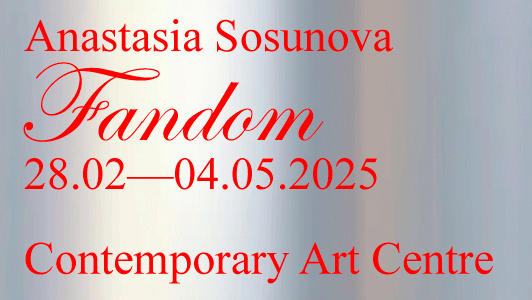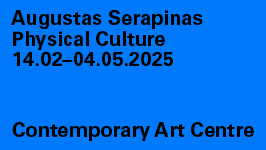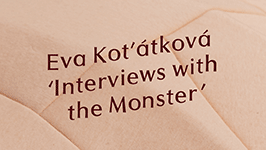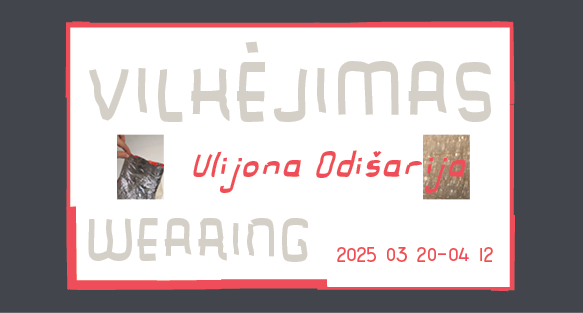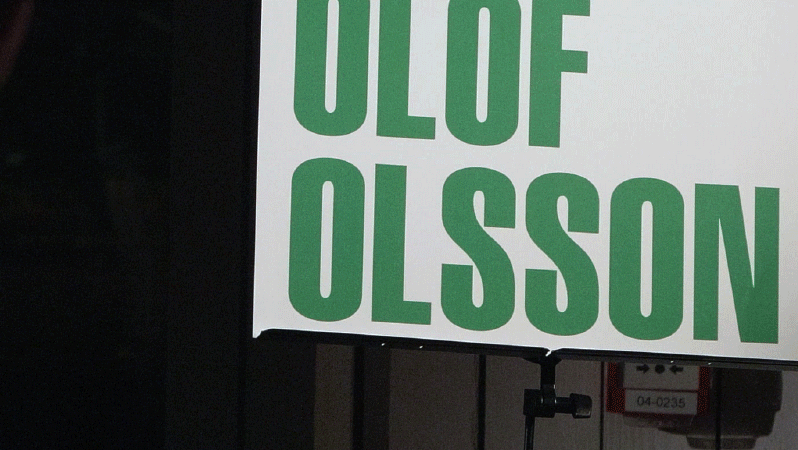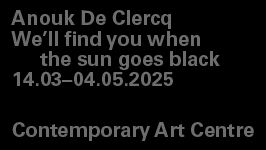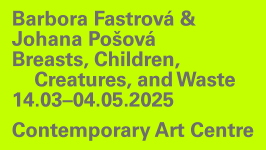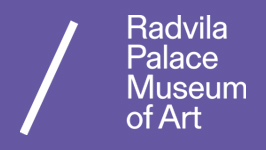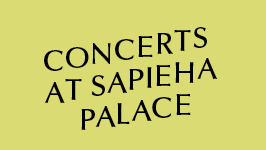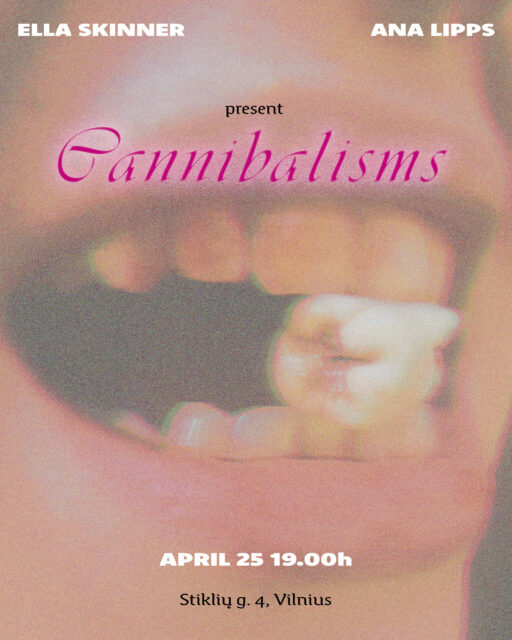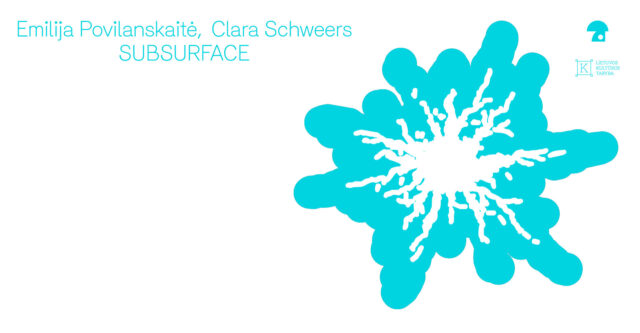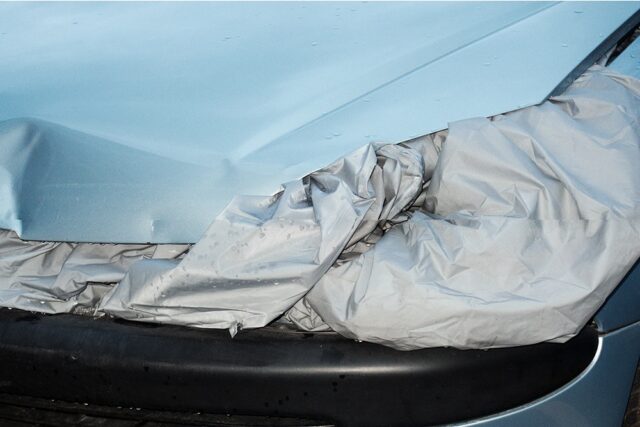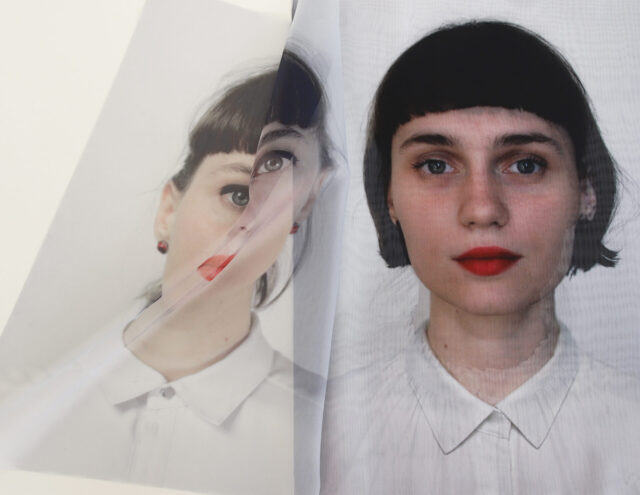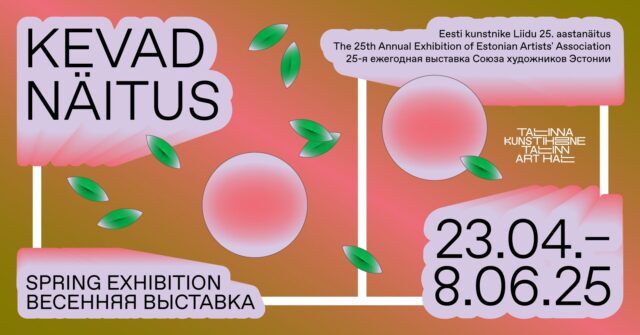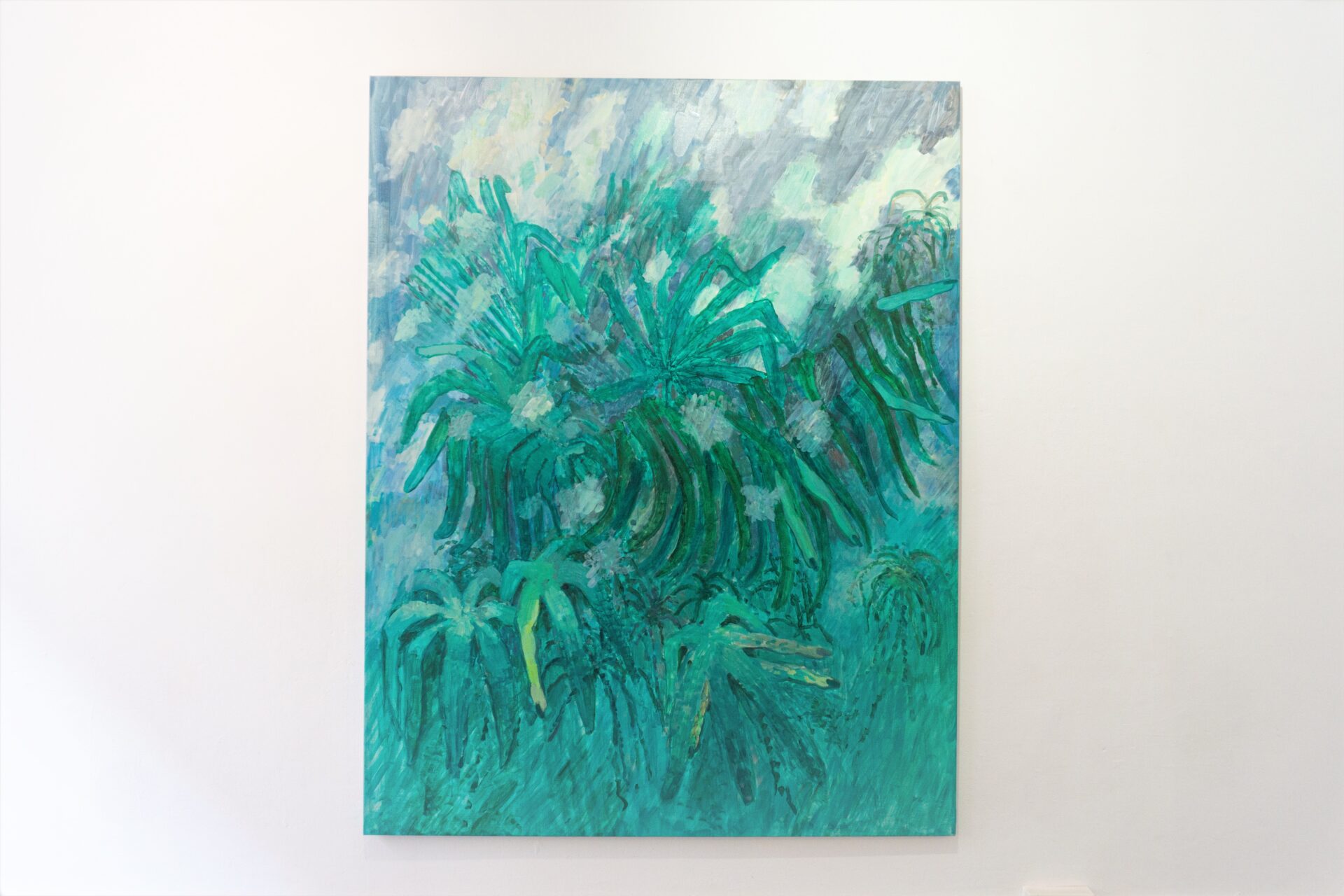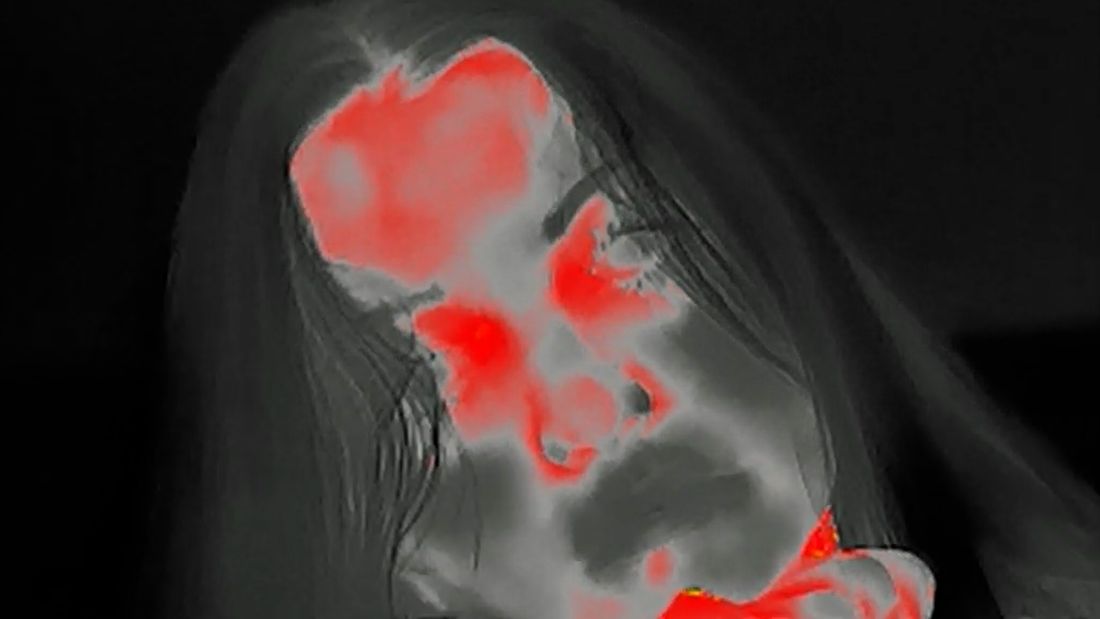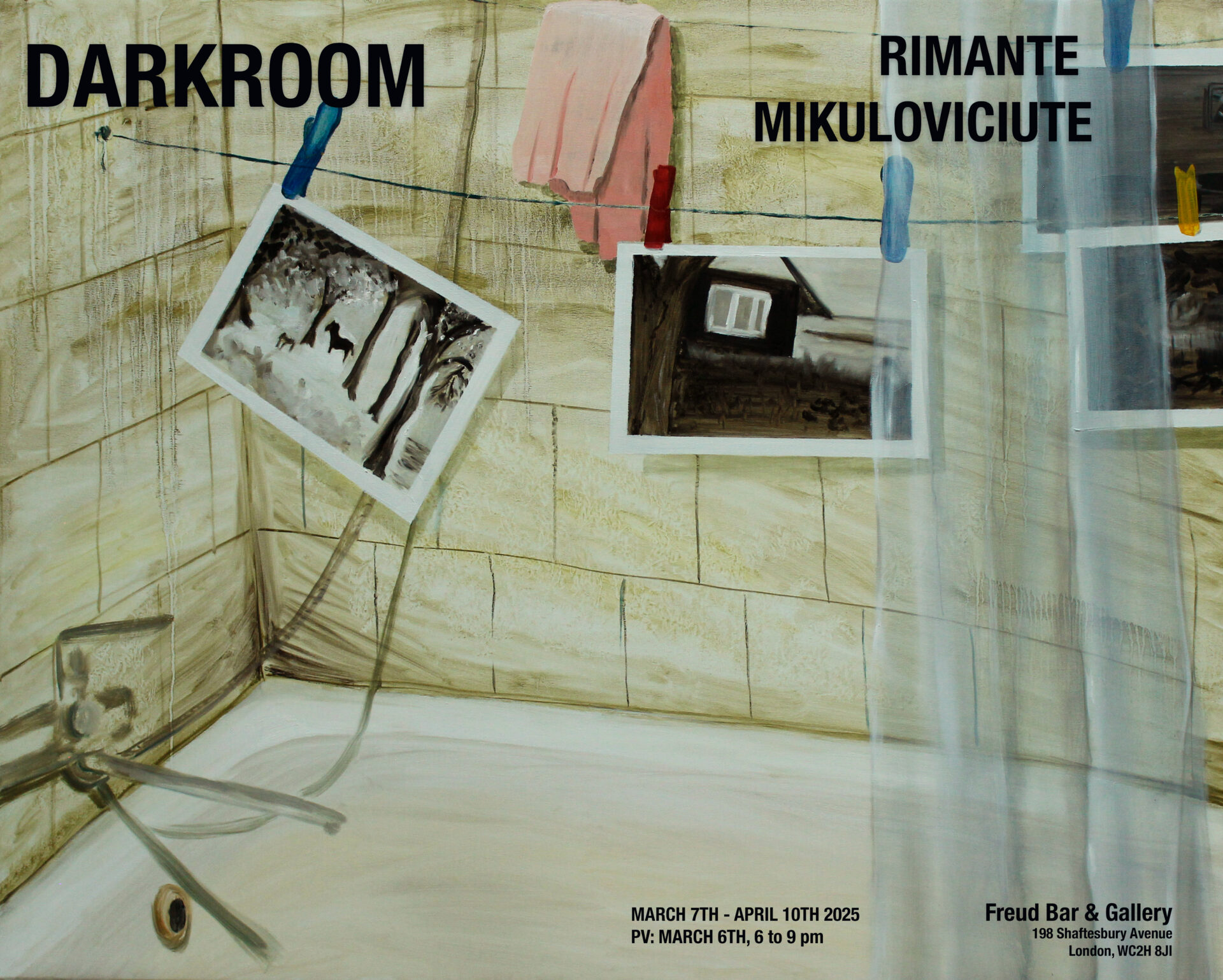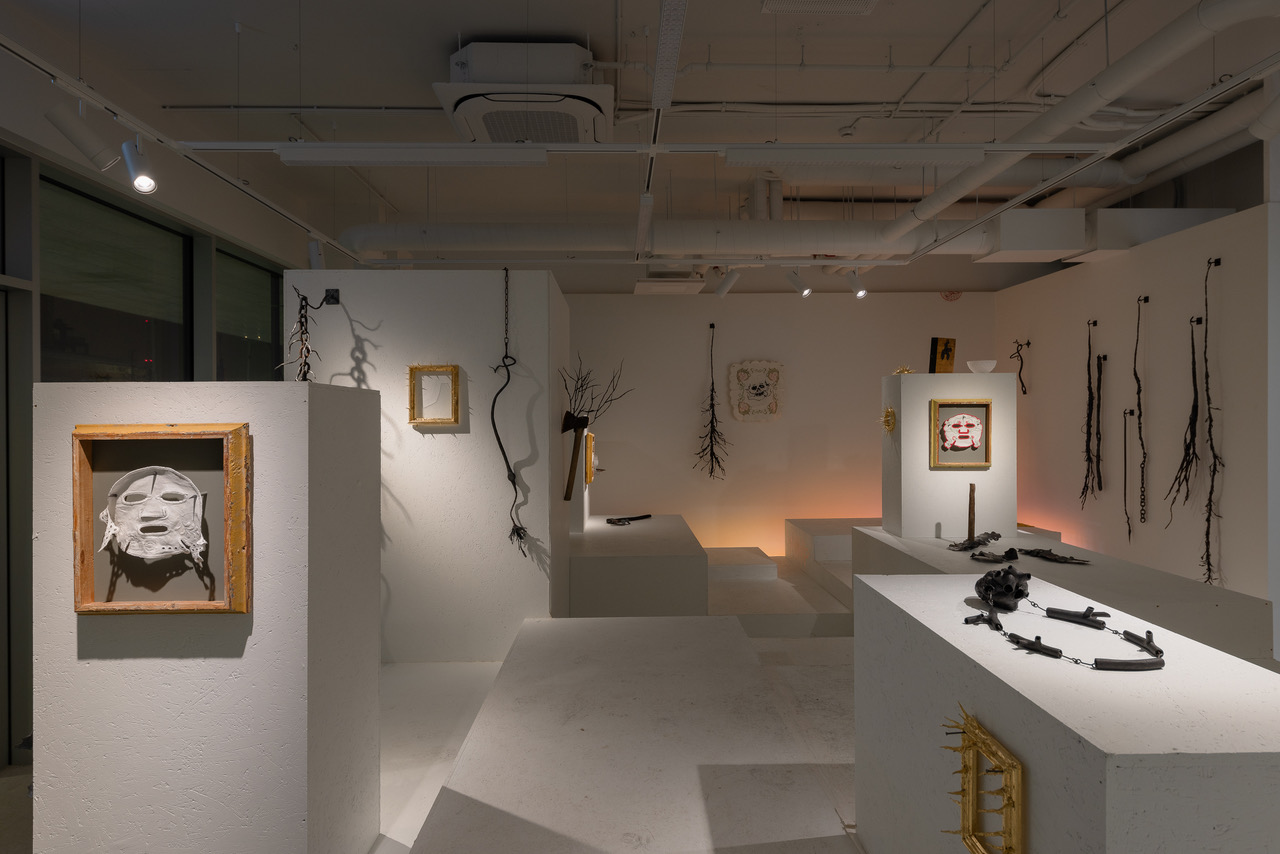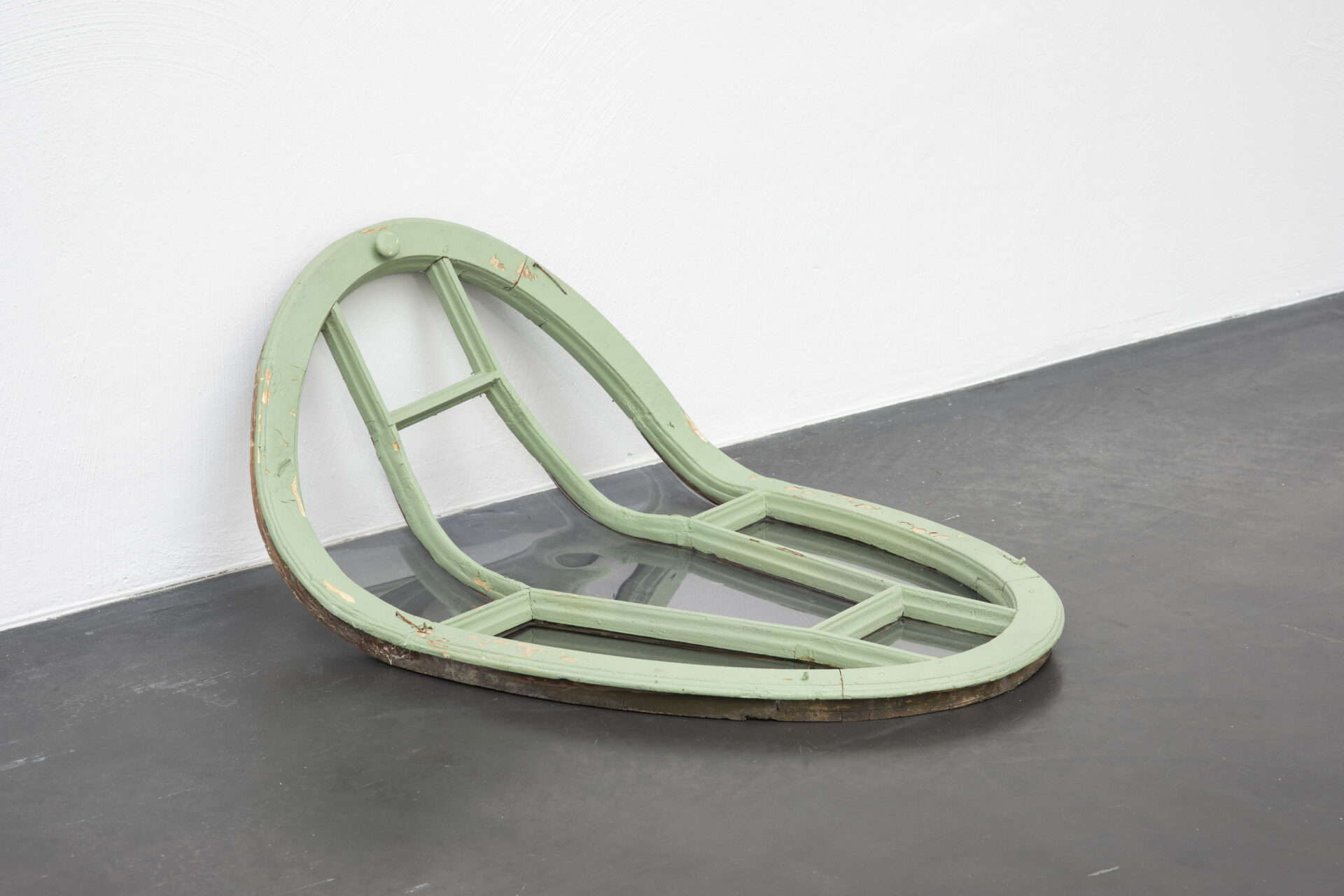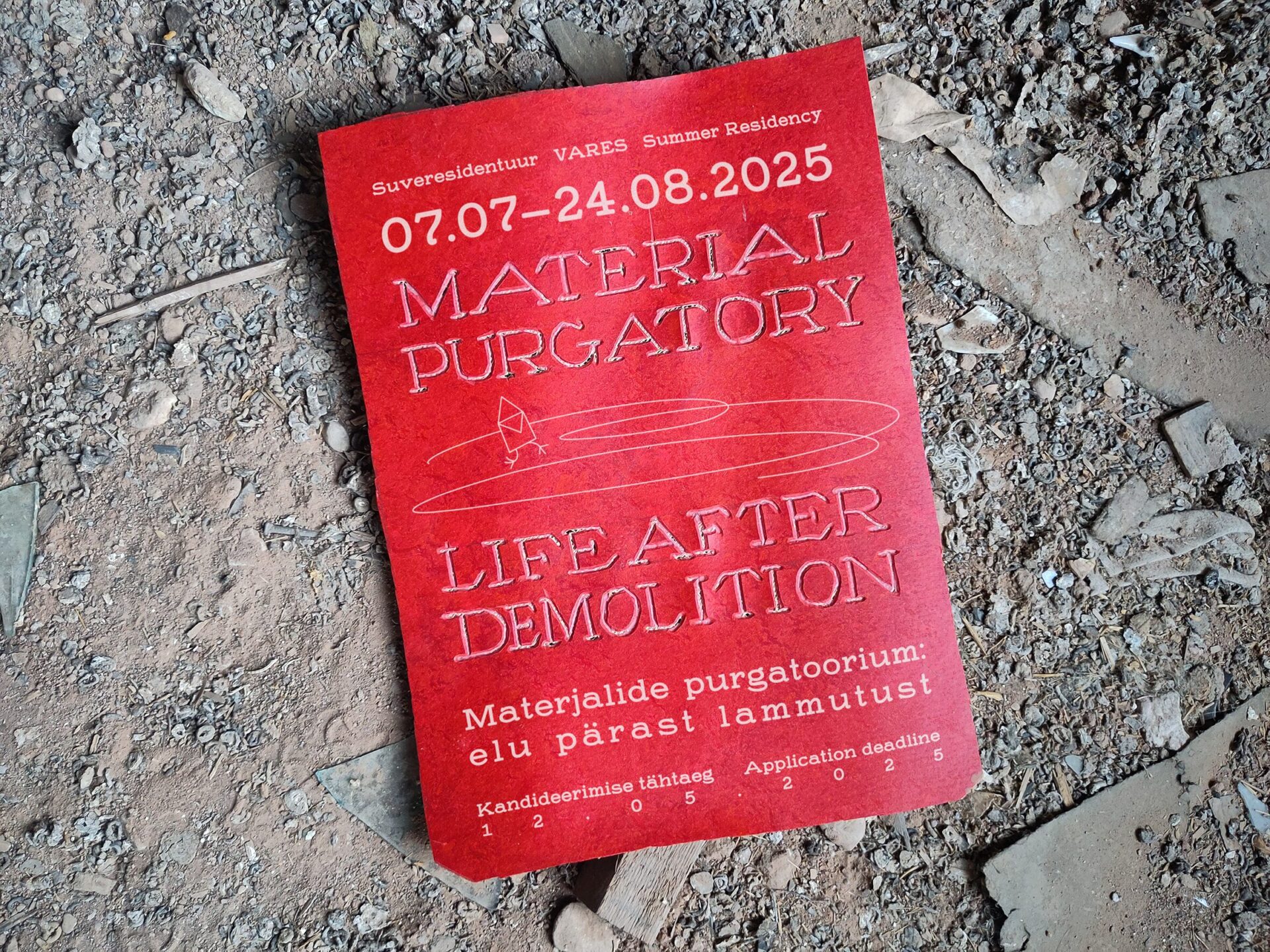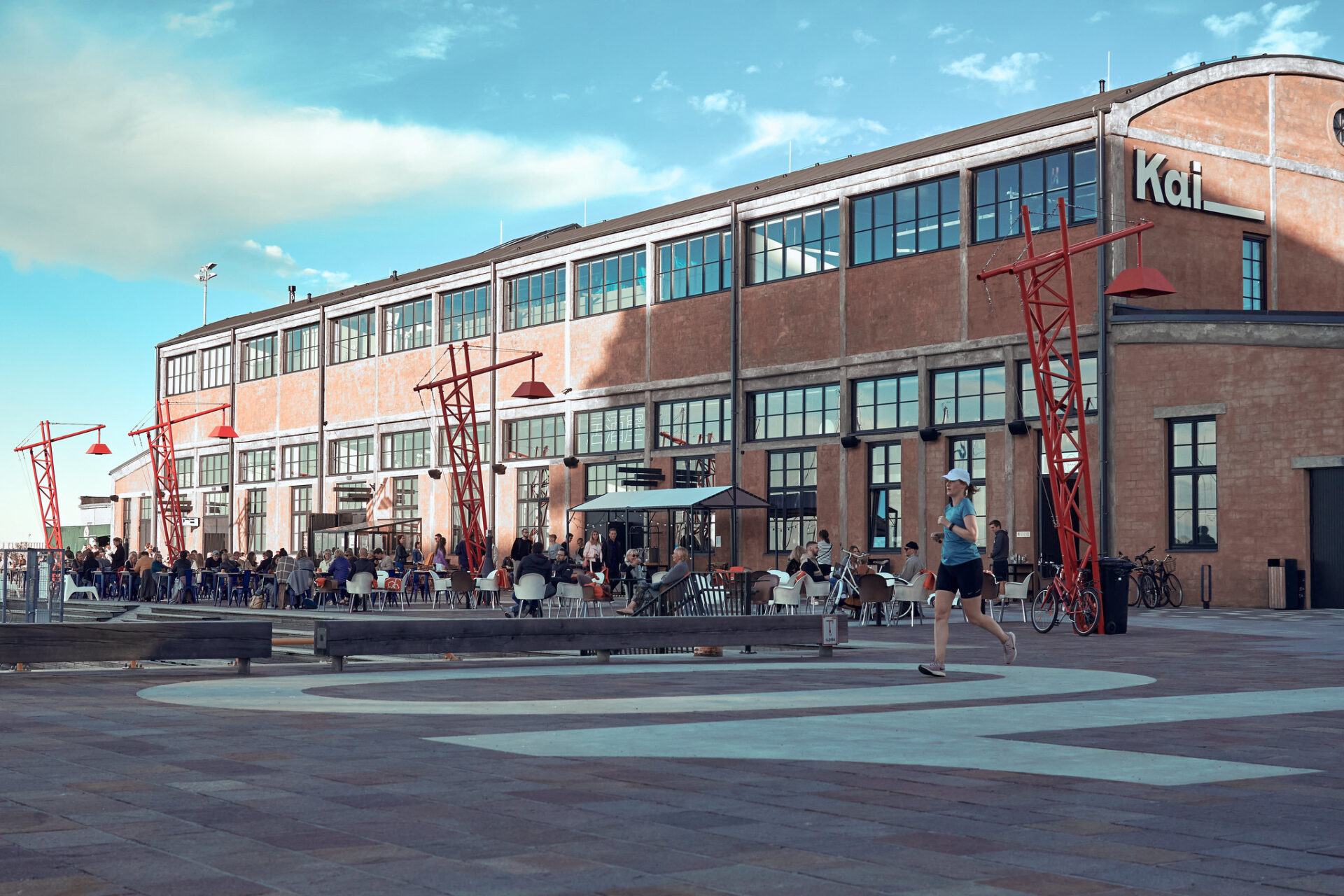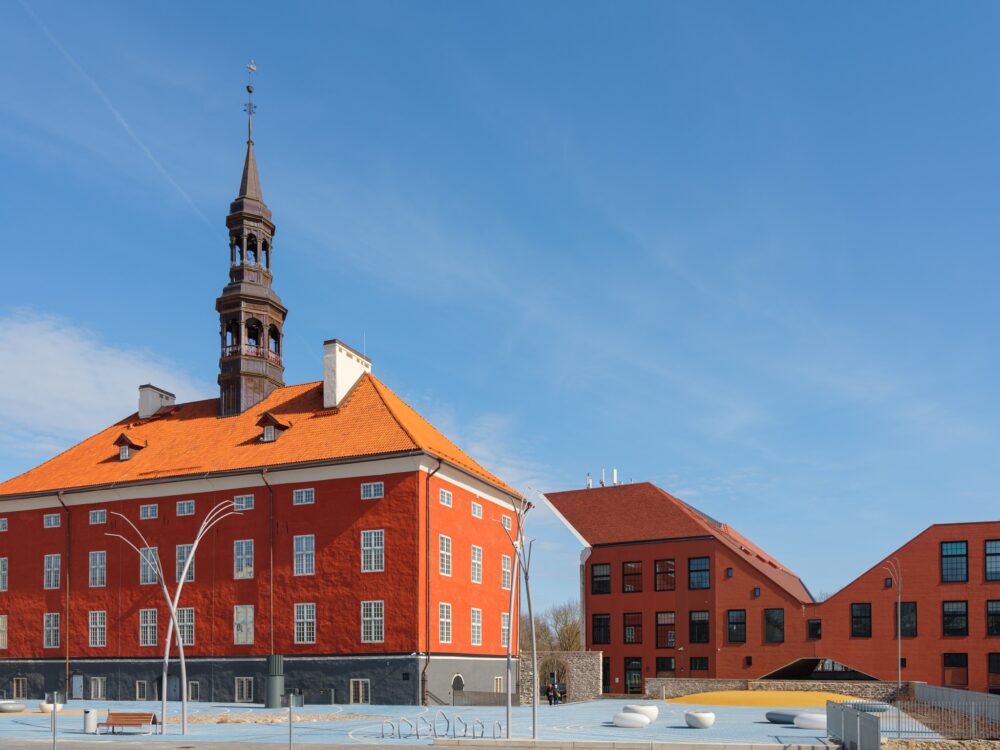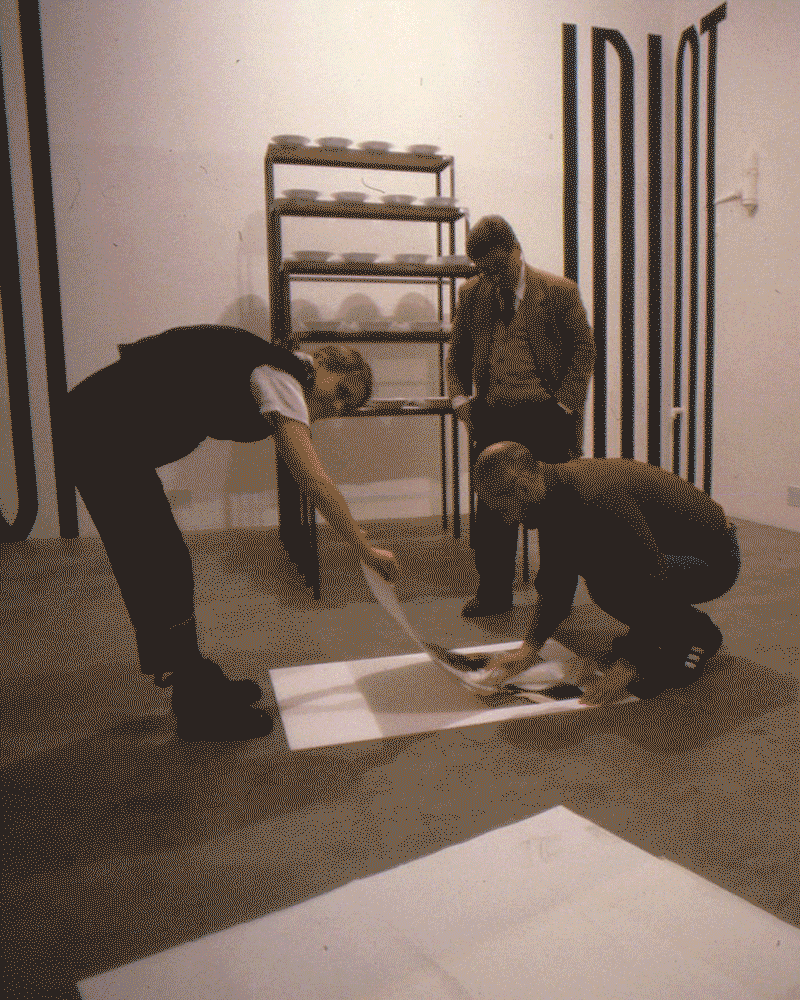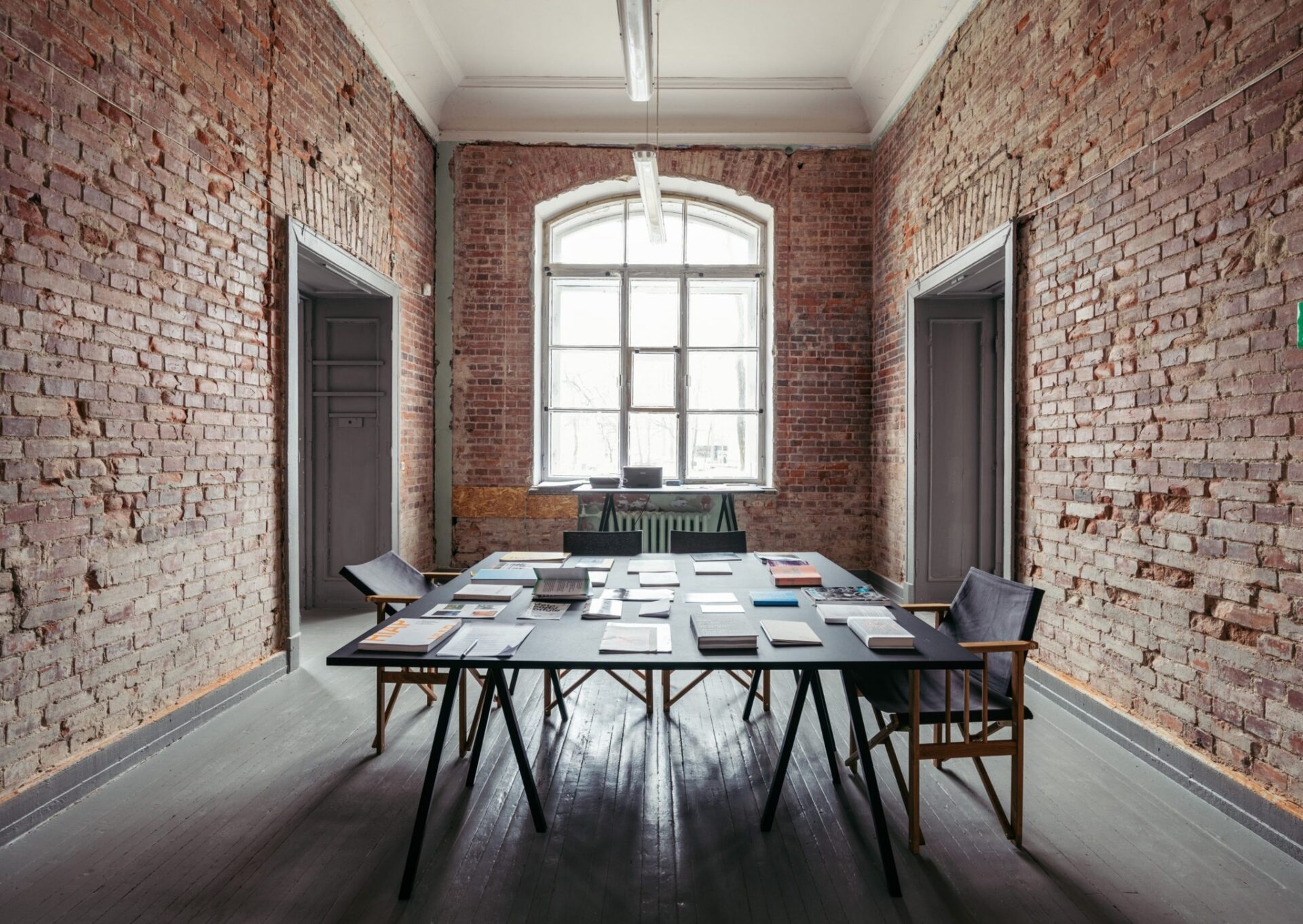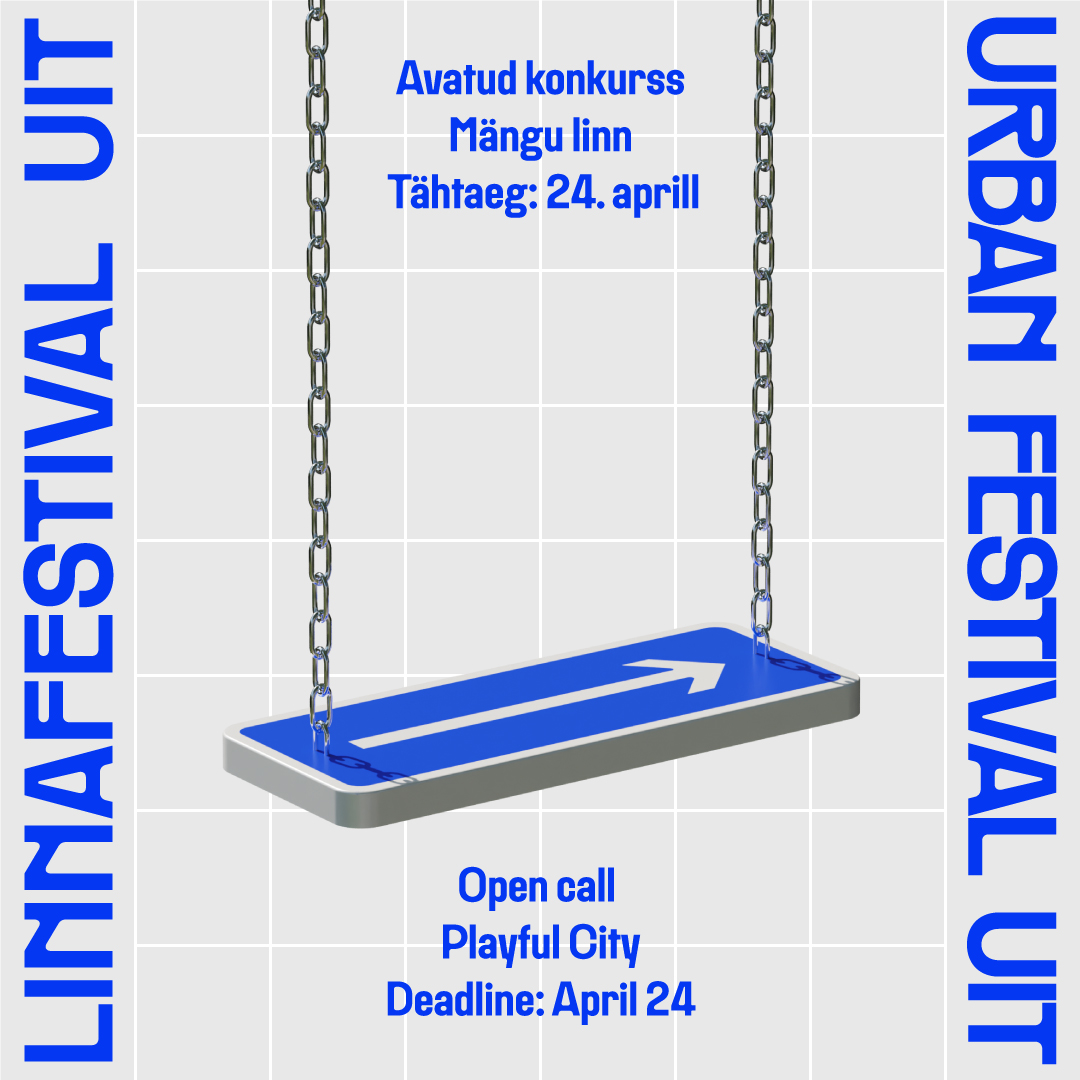The exhibition Modern Love looks at love and human relations in the current age of the internet, social media and high capitalism, and the first age of “cold intimacy”. The exhibition looks at how the digital world, technology giants and neoliberalism have change love and social relations, while at the same time diluting the obstacles between the public and the private. The exhibition also looks at how issues of time and space have influenced the way we communicate between ourselves and how the virtual has become entwined with reality, and how even though they are two quite distinct things, the opposite is suggested. Modern Love deals with human pathologies connected to the commodification of feelings and the negative expressions of love (e.g. love of money), and for comparison it also delves into meaningful and transformative forms of love, from the personal to the political. How can we restore the place of love as a powerful emotional force and intense psychological bonds, which give meaning to our lives like no other mutually influencing “object” or experience can? How can we save love from the grasp of capital and corporate technology? How can we fight against instrumentalisation, superficiality and vulgarity in commerce and social media?
In collaboration with Museum für Neue Kunst, Freiburg (Estonia) and IMPAKT festival, Utrecht (the Netherlands).
Participating artists: Gabriel Abrantes, Hannah Anbert, Melanie Bonajo, Laura Cemin, Benjamin Crotti, Marijke De Roover, Kyriaki Goni, David Haines, Juliet Jacques, Mahmoud Khaled, Laureen Lee McCarthy, Kyle McDonald, Maria Mavropoulou, Marge Monko, Peter Puklus, Margaret Salmon.
Katerina Gregos is a curator, writer and lecturer based in Brussels. Her curatorial practice explores the relationship between art, society and politics, focusing primarily on democracy, human rights, capitalism, crisis and changing global production cycles. Since 2016 she is curator of the visual arts programme of the Schwarz Foundation (Munich & Athens). Recently she was also the chief curator of the first Riga Biennial (2018), in addition to contributing to its establishment.
From 03/10/2020 until 07/03/2021
Museum für Neue Kunst
Freiburg

